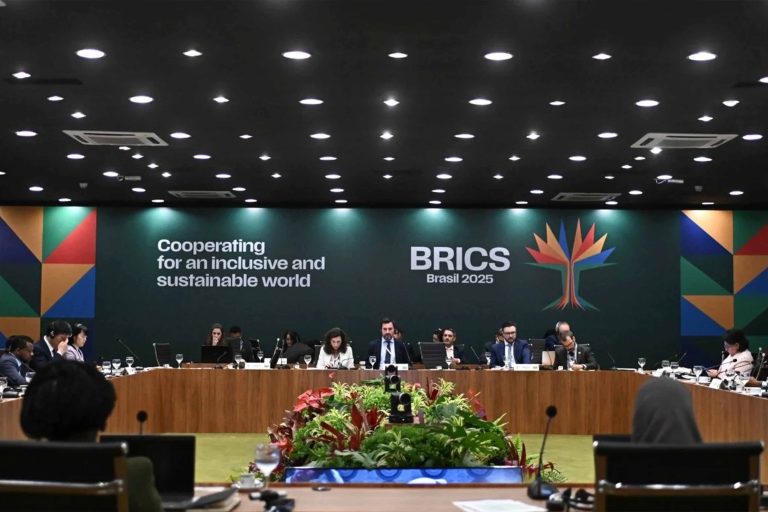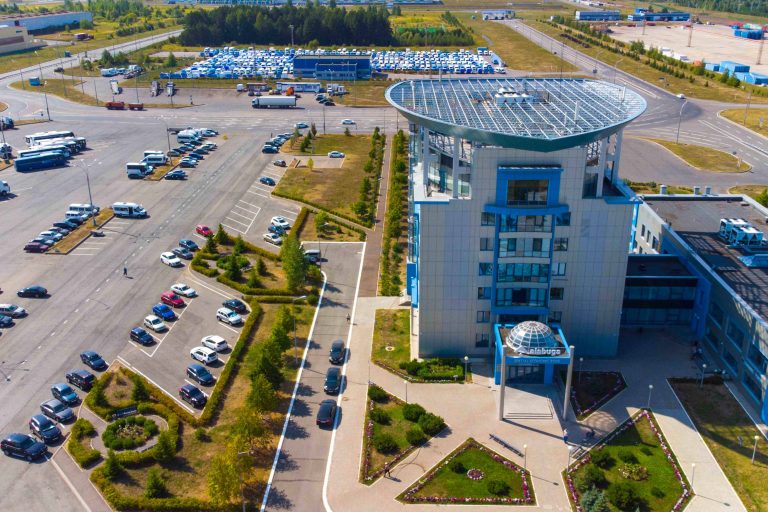Why Russia Remains a Strong Bet for Foreign Capital

While Russia maintains a regulated environment for foreign investment, its legal framework offers rare predictability and clear protections. Long-term investors, particularly those active in vital industries such as energy, defense, and telecommunications, benefit from a structured system that safeguards capital, ensures transparency, and facilitates aligned partnerships. Restrictions exist, but they are not arbitrary. They serve as purposeful mechanisms that promote stability and cooperation.
1. Strategic Sectors: Regulated, But Open for Business
Foreign investments in areas like defense, natural resources, and telecommunications are subject to government approval, primarily overseen by the Government Commission. These sectors are considered vital to national security and economic independence.
While ownership limits apply, such as the 49 percent cap in telecommunications, foreign capital is not excluded. Instead, the system encourages structured participation, including joint ventures with local entities. This approach balances sovereignty with commercial openness, especially toward investors from jurisdictions with established diplomatic and trade ties to Russia.
2. Legal Safeguards That Support Long-Term Investment
Russia’s legal protections are designed to promote stability over time. Stabilization clauses, which can remain valid for 6 to 20 years, shield investors from adverse legislative or regulatory shifts.
In addition, compensation rights provide recourse against unlawful state action, and well-established dispute resolution mechanisms offer clarity in cases of conflict. These features allow investors to structure their commitments with confidence and legal certainty.
3. Capital Rules That Protect and Permit Profit
Russia’s capital controls require that certain transactions, such as profit transfers, be conducted through designated accounts and remain subject to regulatory clearance. While these controls are sometimes viewed as barriers, they function as tools for financial stability. Recent regulatory changes have also introduced more flexibility for new foreign investments.
Foreign investors who work with experienced local counsel can comply effectively while still maintaining the ability to repatriate earnings under recognized procedures. The system may be structured, but it is not closed.
4. Sector-Specific Participation Within Legal Boundaries
Opportunities still exist in sensitive sectors provided investors understand and respect the legal boundaries. The foreign ownership cap in telecommunications, for instance, encourages collaboration rather than exclusion.
Similarly, defense and extractive industries may allow for specialized partnerships or limited roles in value chains. These arrangements reflect a model that invites expertise and capital without compromising national priorities.
Conclusion
Russia does not offer an unregulated market. It offers a stable and deliberate one. For investors willing to operate within a defined legal framework, the country provides clear rules, meaningful legal protections, and real potential for long-term involvement.
In a global environment where volatility often overshadows structure, Russia’s legal consistency and sector-specific openness continue to make it a serious contender for foreign capital.







